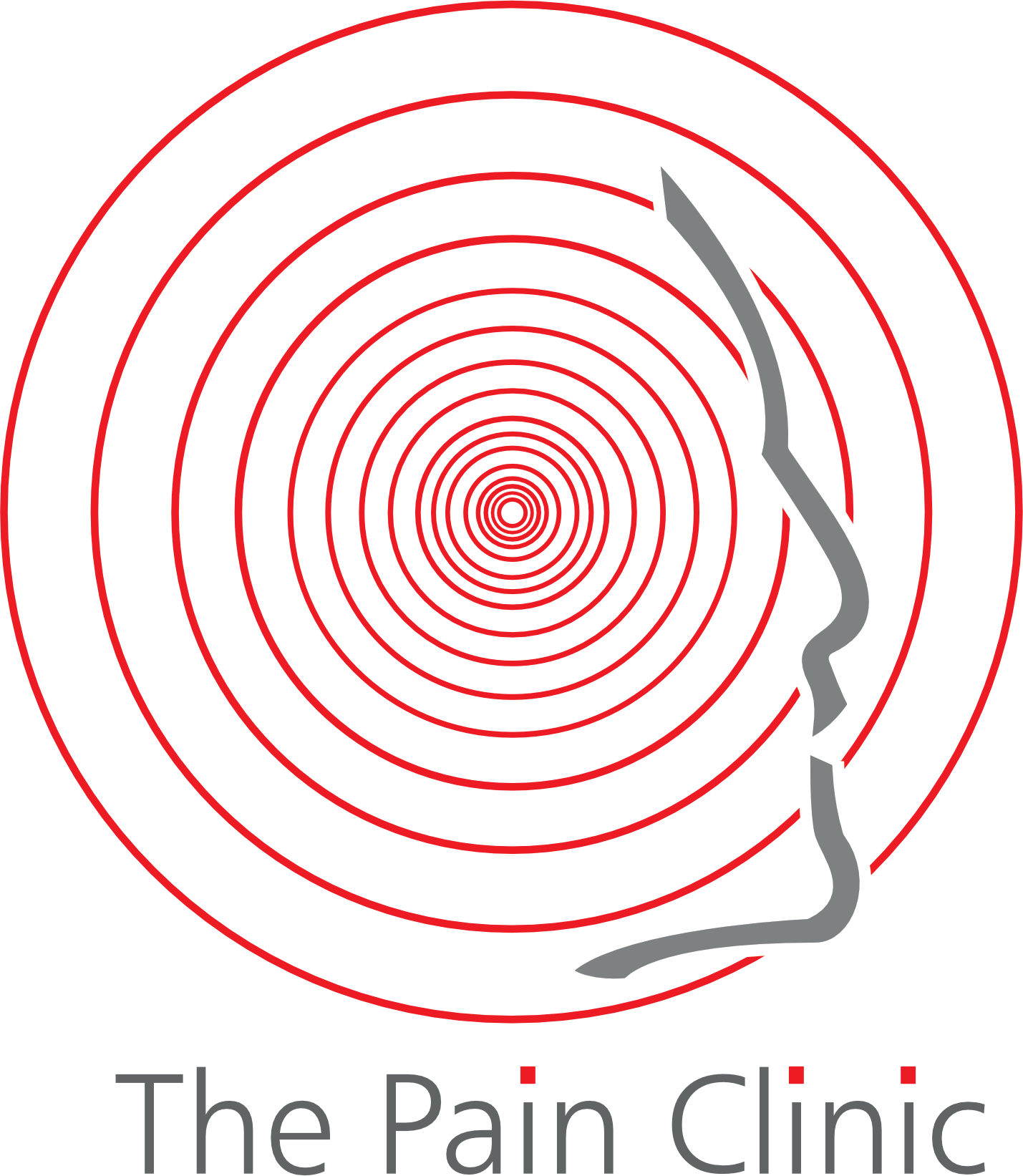Myofascial Pain
Myofascial pain syndrome (MPS) is a condition that is characterised by chronic pain and muscle tightness in one or more areas of the body. It is caused by trigger points, which are small, hypersensitive areas within the muscle or fascia (the connective tissue that surrounds the muscles).
Symptoms of myofascial pain syndrome can include:
Muscle pain and stiffness
Pain that worsens with movement or activity
Pain that is localised to a specific area, often called a trigger point Difficulty sleeping due to pain
Headaches or migraines
Reduced range of motion
The exact cause of myofascial pain syndrome is not fully understood, but it is thought to be related to overuse, repetitive strain injuries, poor posture, or emotional stress.
Treatment for myofascial pain syndrome typically involves a combination of therapies such as trigger point injections, physical therapy, massage, and medication to manage pain and inflammation. Trigger point injections involve injecting a local anaesthetic or corticosteroid medication into the trigger point to reduce pain and inflammation. Physical therapy can help to stretch and strengthen the affected muscles, while massage can help to release tension and improve circulation. Pain management strategies such as heat or cold therapy, acupuncture, or transcutaneous electrical nerve stimulation (TENS) may also be helpful.
Lifestyle changes such as improving posture, reducing stress, and avoiding repetitive movements can also help to manage symptoms of myofascial pain syndrome. The specific treatment plan will depend on the individual and the severity of their symptoms, and should be developed in consultation with a healthcare provider.
